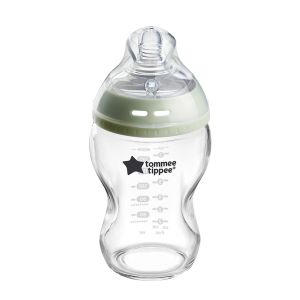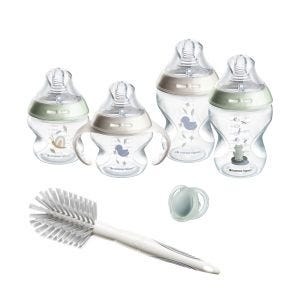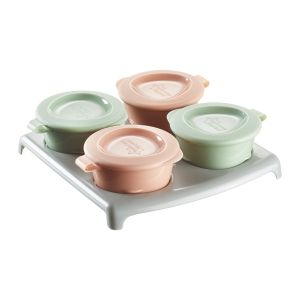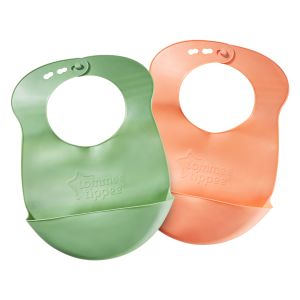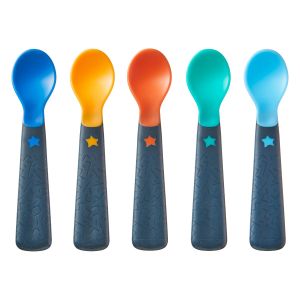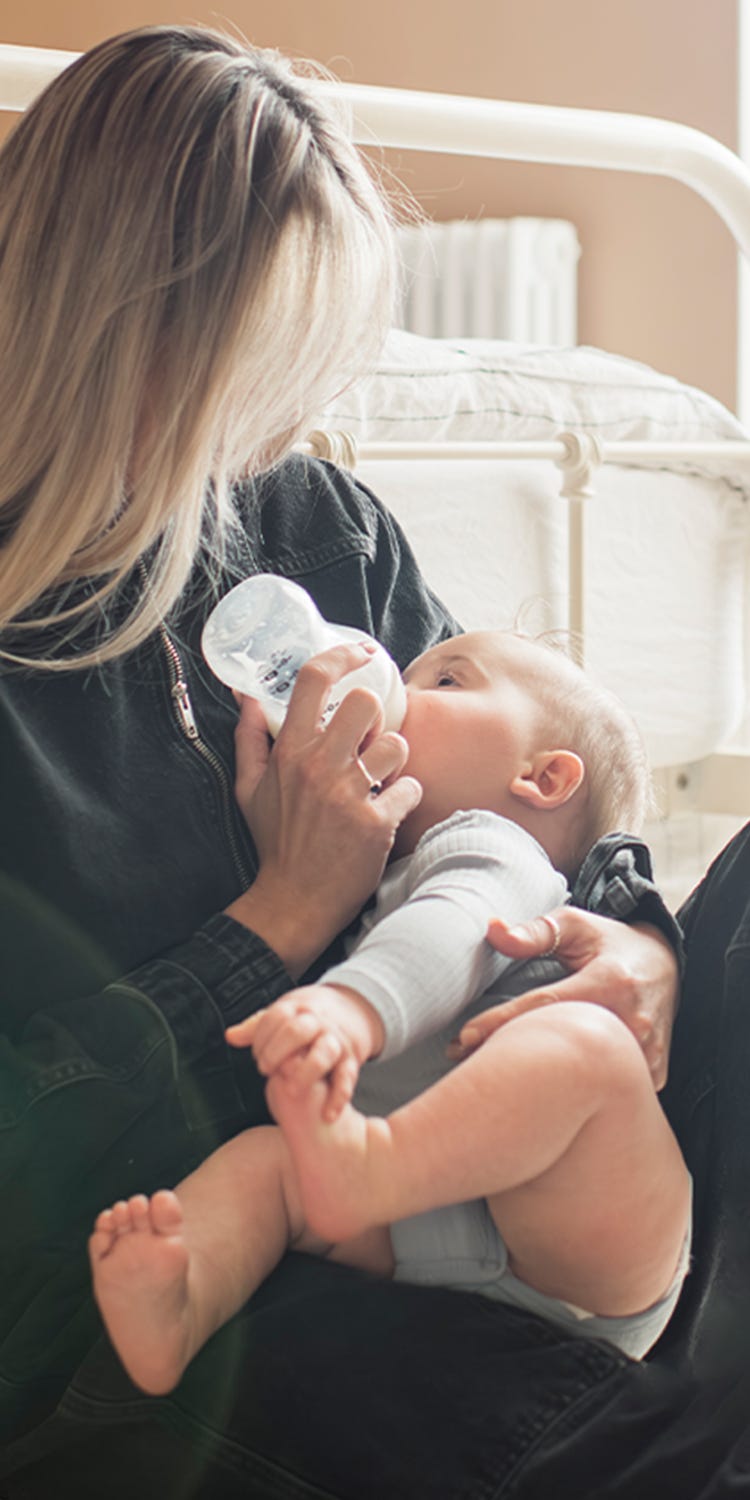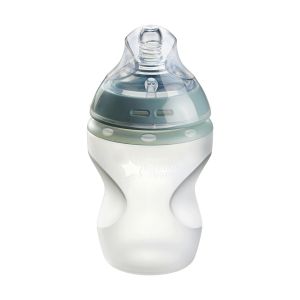
Tommee Tipps
We’re talking baby gas, wind, or burps. Excuse us…
What you need to know about baby gas
When it comes to having children, we bet you never considered how much time you’d spend talking and thinking about bodily functions.
As your little one depends on you to take care of all the messier sides of life, it’s time to take a look at what comes up. We’re talking baby gas, wind, or burps. Excuse us…
What causes baby wind?
Babies get wind in their tummy because they can swallow a lot of air when they feed from mum’s breast or a bottle, or when they cry or use a soother.
As your baby’s digestive system is still developing, it can be difficult for them to get rid of this wind (by burping or passing wind) and that can make your baby uncomfortable.
What are the common symptoms of baby gas?
You may notice your baby becomes fussy and uncomfortable during or after a feed. And they may spit up or be sick more than usual. They may cry, turn red, or look like they’re in pain. Their tummy may also feel hard or firm due to bloating. In turn that may mean your little one struggles to sleep.
Gas or wind isn't usually anything to worry about and your baby will find a way of getting rid of it at one end or the other.
To help relieve baby’s gas or wind, you should encourage them to burp after every feed. It may also help to wind or burp baby during a feed, when they naturally take a break from the bottle or breast. Pat or rub your baby’s back gently to encourage them to bring up wind. Remember that some of their feed may come with it, so be prepared with a bib or muslin.
You’ll soon find a good position for burping baby, but you can try:
- Over your shoulder - place your baby over your shoulder, supporting their bottom with your arm and patting their back with your free hand.
- Sitting up - sit your baby on your lap, facing sideways. Gently lean them forwards and support their chin with your hand. Pat or rub their back with your free hand.
- Face-down - place your baby face-down on your lap. Hold them gently with one hand and pat or rub their back gently with the other.
How to prevent baby gas when breastfeeding
The most common cause of gas is when baby swallows too much air when feeding. When you’re breastfeeding, this means they may not be latching onto your nipple effectively.
Speak to your health visitor or get support from a breastfeeding advisor to help you.
How to prevent baby gas when bottle feeding
When bottle feeding your baby, make sure you tip the bottle high enough so that milk fills the whole teat as they’re feeding to prevent baby from ingesting too much air along with the milk.
It may also help to try a different kind of bottle or a teat with a slower flow. If your baby is guzzling down their bottle of milk very quickly, then chances are that they will be taking in a lot of air along with their feed.
Our Advanced Anti-Colic bottles are specially designed to help reduce air bubbles in baby’s milk with their advanced venting system.
FAQs
Does shaking their bottle make a baby windy?
Shaking baby’s bottle to mix up a feed or ensure that all the milk inside is at the same temperature can also introduce air bubbles which can make your baby more prone to gas and wind.
Should I switch to formula if baby is windy?
Babies get wind whether you’re breastfeeding or formula feeding. It’s natural as their little digestive systems develop.
If you’re already using formula and baby is very windy, then it may be worth trying a different brand. However, this may bring other complications such as constipation as your baby gets used to the new milk.
Does gripe water help with gas?
There are lots of remedies that claim to help with wind, such as gripe water and lactase drops. Sadly, there's no evidence that these remedies work, although many parents swear by them.
Talk to your GP, health visitor or pharmacist to make sure that any remedy you try is safe for your baby.

